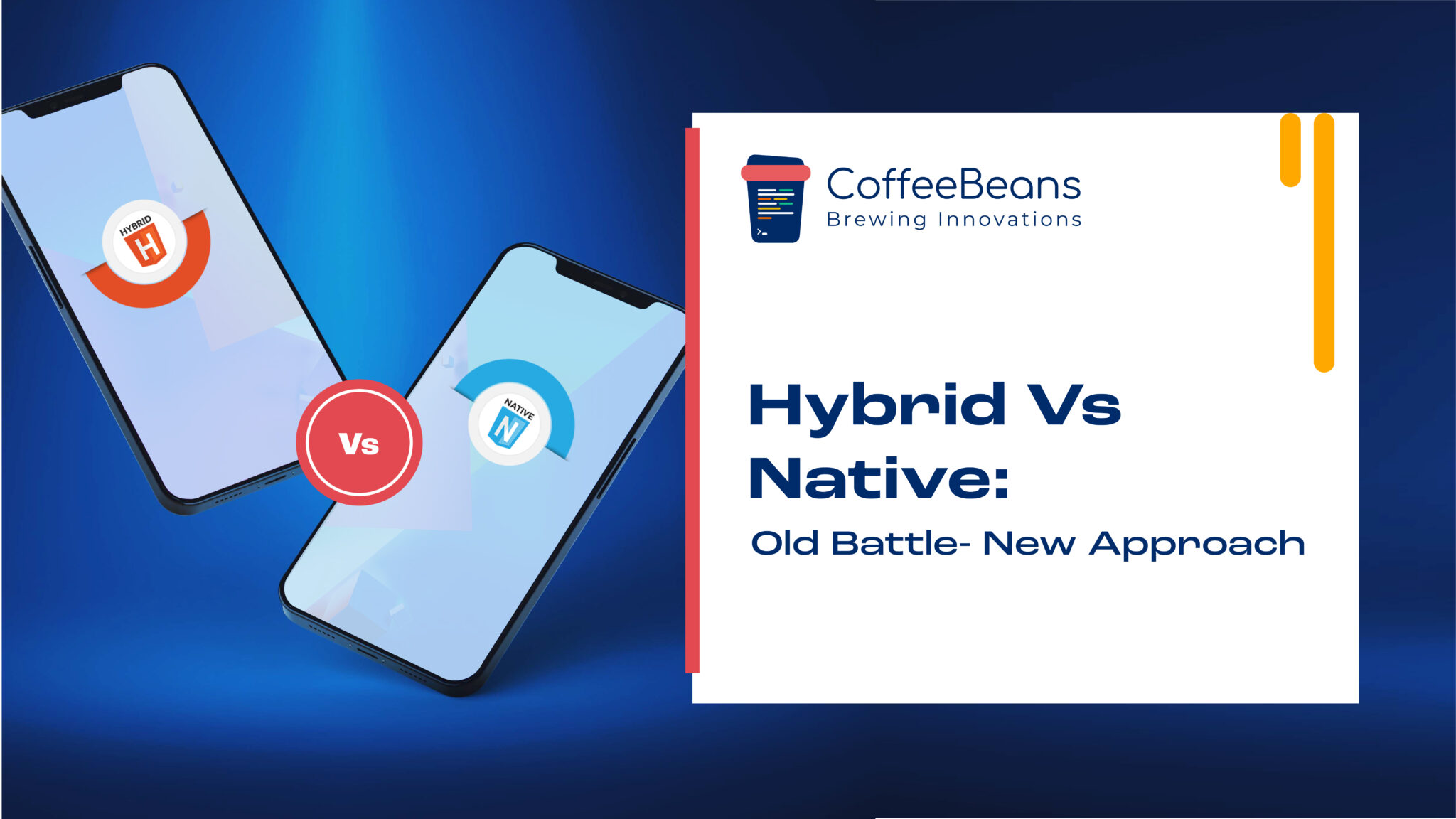Databricks vs. Snowflake: Which One Fits Your Data Strategy?

February 04, 2025
Presently many of us are of the opinion that data is the new oil. However, available data needs to be skillfully collected, organized as well as leveraged for maximum benefit. For your information, Databricks and Snowflake are two of the prominent data management platforms. Databricks' revenue for the fiscal year ending January 31, 2024 was over $1.6 billion, which is a 50% year-over-year increase. Snowflake's revenue for the financial year ending January 31, 2024 was over $2.8 billion, which is up from almost $2.1 billion the previous year. In this blog post, we learn what Databricks and Snowflake are, their respective benefits as well as when to utilize the two popular data management platforms.

What is Databricks?
Databricks includes the novel Lakehouse architecture that contains the best aspects of data lake as well as data warehouse. The former utilizes Apache Spark. For your information Spark is the dominant big data processing tool. Databricks is strong in advanced analytics as well as machine learning. Many organizations leverage Databricks for real-time data processing. The architecture of Databricks is more complex than Snowflake’s. Did you know that Databricks is able to process data around twelve times faster when compared to other data management platforms? Databricks comes with functionality including integrated development environments as well as version control enabling different data professionals to work together on projects. The platform is designed as a PaaS (Platform as a Service).
Databricks has the seamless scalability of data lakes as well as the superior performance of data warehouses. The platform handles AI-related workloads at competitive rates. Founded in 2013, Databricks facilitates data professionals to collaborate efficiently as well as effectively. The platform provides support for different coding languages including R, SQL, and Python. Databricks can handle structured, semi-structured or unstructured data in an efficient as well as effective way. Note that Databricks is excellent for applications such as recommendation engines as well as predictive analytics. The platform has the facility for custom configurations as well as optimizations. This platform has inbuilt machine learning libraries. There exists support for powerful ML frameworks including TensorFlow and PyTorch. Databricks integrates seamlessly with prominent BI tools including Tableau as well as Looker.
Advantages of Databricks
- No Responsibility of Data Storage
Databricks focuses on data processing. It does not need to do data storage. Data can be stored on cloud platforms or even on-premises.
- Comprehensive Documentation
The documentation of Databricks is well detailed. Users can refer to it for resolving their doubts as well as queries.
- Active Community
Users of Databricks can approach the community for support. If they run into challenges or issues there will surely be somebody to help them out.
- Collaboration Functionality
There exist shared notebooks as well as dashboards in Databricks for users to collaborate effectively as well as efficiently.
- Highly Secure
Databricks boasts of enterprise grade security which makes the platform resilient to threats such as cyberattacks and events such as data breaches.
- Superior Integration
Databricks can seamlessly integrate with open-source tools and technologies as well as do away with the problem of vendor lock-in.
- Single Platform
The platform has a single environment catering to activities such as machine learning, data engineering as well as data science activities.
What is Snowflake?
Snowflake is a leading cloud-based data warehouse technology. The storage module and compute module are separated in Snowflake’s architecture. The technology operates as a SaaS (Software as a Service). Snowflake is highly popular among organizations belonging to the financial sector. The platform is known for its cloud-agnostic nature. Snowflake has a simple as well as predictable cost structure. The processing module is made up of virtual warehouses. The latter are independent compute clusters capable of scaling dynamically as per workload requirements. Note that the architecture of Snowflake is simpler than that of Databrick.
Snowflake is ideal for SQL based analytics offering superior performance for the same. The platform does data warehousing at competitive rates. Snowflake comes with a powerful SQL engine. For your information, the platform was founded in 2012. Snowflake includes role-based access control functionality for security purposes. Snowflake is ideal for organizations with data predominantly in organized formats. The popular platform boasts of automatic scaling as well as resource management.
Advantages of Snowflake
- Faster Query Response
Thanks to intelligent caching, database queries have low latency. This means that users get results faster compared to other data platforms.
- User Friendly
Snowflake boasts of an intuitive UI. The former utilizes SQL which most users are familiar with.
- Convenient Pricing Model
Users have to pay only for storage resources and compute resources they use. Note that storage and compute costs are billed separately. There is the option of scaling up or scaling down resource usage as per the requirements of your organization.
- Time-travel Facility
If users wish they can revert to the older saved versions of the data. This is a unique feature offered by Snowflake.
- Micro-partitioning Feature
Data is partitioned into separate units. This enables faster and better performance of Snowflake. When retrieving data the presence of smaller units results in lower latency.
- Superior Security and Compliance
Snowflake keeps data safe as well as secure. The former ensures compliance with regulations as per region as well as industry. This makes it a popular as well as superior choice for the data needs of different organizations.
- Robust Data Recovery
Multiple copies of the data are taken and stored in different locations. In case of a manmade or natural disaster the data is not lost. So, organizations utilizing Snowflake do not have business down time. This prevents monetary and reputational losses.
When to Utilize Databricks
- If your organization has individuals with technical knowledge to fully leverage Databricks then Databricks is the right choice. Note that utilizing Databricks involves a substantial learning curve.
- If there is raw data present Databricks is the better choice.
- Utilize Databricks for complex data science as well as machine learning modules.
- Utilize Databricks for research & development activities. The platform empowers researchers to change the environment as per respective evolving demands.
- As you know, Databricks can accommodate a wide range of data types as well as formats. Utilize it for entities in retail, media, or sectors with diverse data sources.
- Choose Databricks for machine learning as well as predictive analytics. The platform facilitates preparing data, training of machine learning models and other activities.
- Choose Databricks for entities managing vast datasets mandating complex transformation as well as analysis. These could range from Internet of Things data processing to social media analytics.
- Choose Databricks for AI-related demands as well as demand for real-time data processing.
- When there is a requirement for multiple languages support.
When to Utilize Snowflake
- If your organization has many members with limited or no technical knowledge then Snowflake is the better option. Note that Snowflake has a gentle learning curve. Your organization saves time, money as well as effort in training resources as well as programs.
- Choose Snowflake for sectors where different departments as well as external partners require to tap specific datasets. For your information, Snowflake has superior data sharing functionality.
- In scenarios involving concurrency Snowflake is the best choice. The platform can handle a very high number of concurrent users.
- When the data is well structured Snowflake provides real-time analytics. If your organization deals with well-structured data, Snowflake offers superior performance.
- When there is demand for generating reports, useful dashboards as well as superior data visualization go for Snowflake. The latter has robust support for business intelligence as well as analytics.
- If your organization’s priority is ease of use, Snowflake wins hands down.
- Choose Snowflake for batch-processing demands
A Final Note
The best choice for organizations depends upon their respective long-term data strategies. Experiment with both platforms to learn which one is suited to your organization's future enterprise requirements. Note that it is possible to utilize both Databricks and Snowflake in your organization. This step allows organizations to benefit from the advantages of Databricks as well as Snowflake. Also, organizations can reap benefits from the synergy of utilizing Databricks as well as Snowflake. Keep in mind whereas Databricks and Snowflake have differences, there exists also certain overlapping of features.
How to Go About Choosing between Databricks and Snowflake for Your Organization
If you have the in-house expertise utilize it to determine whether Databricks or Snowflake is the best fit for your organization’s needs. In the event you lack the capability, consider outsourcing the decision to a reputed firm. Do research to find out the firms offering this service. Conduct due diligence on each firm. Do not make the mistake of hiring the first competent firm you come across. Examine other firms and have a list of questions to ask. Brainstorm with the other stakeholders of your organization before making a final decision.
With the relevant experience and expertise in Databricks and Snowflake, CoffeeBeans is well positioned to help your organization meet its goals and objectives. We have a pool of talented professionals proficient in Databricks as well as Snowflake. They will integrate Databricks or Snowflake with your organization’s existing systems as per your organization’s choice. Our clients can vouch for our transparency, real-time response as well as adherence to stipulated deadlines. We offer stellar quality at competitive rates. Reach out to us at [email protected] to know how we can help your organization obtain its unique and specific requirements as well as preferences.

